Oil analysis and total base number
Historically, you’ve probably used total base number (TBN) as a key indicator of the remaining useful oil life in your fleet’s engines. The rule of thumb was to drain oil when the TBN reached one-third of its starting value. But changes in engine design—along with the move to Ultra Low Sulfur Diesel (ULSD) fuels—have decreased

The difference between CK-4 and FA-4: What it means to you
For both API CK-4 and FA-4, the same updated standards for performance with regard to engine protection and durability, and other key oil properties such as resistance to oxidation and aeration, were required to be proven using industry protocols to gain the ability to license oils to the new categories. The only difference between the

Love’s branded diesel exhaust fluid now available at Travel Stops
Love’s Travel Stops has announced that it will offer its own private label diesel exhaust fluid (DEF) for auto diesel and professional driver customers. The product is available at all travel stop locations and comes in a 2.5 gal. container. “Our customers desire value and automotive products with a label they can trust,” said Wade Hollis,
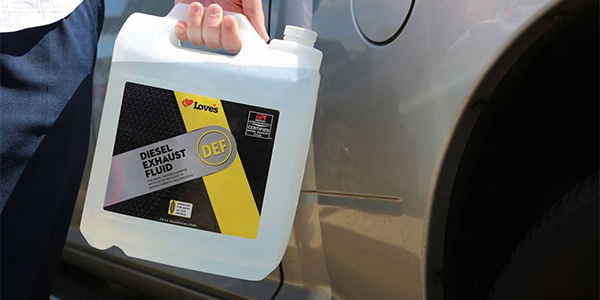
Tips for keeping diesel engines running in cold weather
The use of high-quality diesel fuel is critical for optimal equipment performance. If the proper steps are not taken, tanks can become compromised due to fluctuating temperatures and seasonal changes. To prevent microbial growth, fuel instability and wax formation that commonly blocks fuel filters and forms operational issues, it’s critical that fleet owners and operators

ACT Research: Diesel still trucking’s fuel of choice, alternative fuel offerings continue
The latest “North American On-Highway Engine Outlook” published by ACT Research and Rhein Associates highlights this alt fuel activity for CV GVWs 5-8, including five-year forecasts of engines volumes and product trends. The Engine Outlook ties to the detailed NA CV vehicle forecasts published monthly by ACT in the North American Outlook. One of
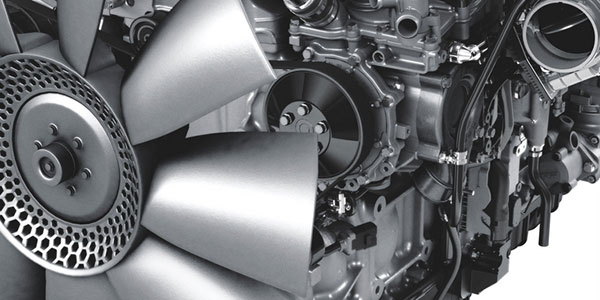
Picking the right fuel for your fleet
Renewable diesel has gotten a lot of attention from fleets over the past few years, and for good reason: It’s a drop-in replacement to petroleum diesel that offers excellent performance and cuts emissions. But what some fleets don’t realize is that same description applies to biodiesel; in some cases, biodiesel gives fleets additional advantages, including
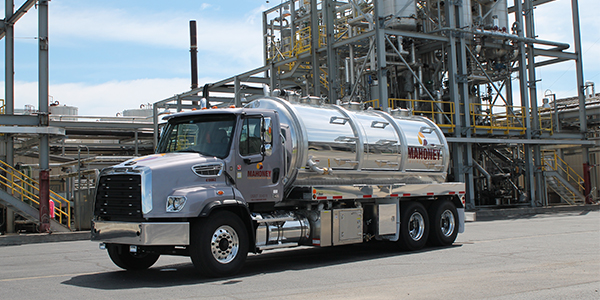
The background behind diesel particulate filters
During the combustion process, particulates can lead to increased emission problems and negative health effects. As regulatory changes in emission standards aim at reducing the by-products of the emissions process, OEMs have adopted innovative ways of integrating advanced exhaust aftertreatment devices into new vehicles. Over the last decade, on- and off-road diesel engines have started

Liqui Moly USA introduces additive line for pickup trucks
Liqui Moly USA has announced the Truck Series, a new line of additives made specifically for pickups trucks. According to the company, the Truck Series is geared toward solving a widespread problem: The creeping loss of performance. Due to deposits on the inside of the motor, the combustion worsens because the fuel is no longer

Graco introduces Pulse Fluid Management system
Graco Inc. has launched the Pulse Fluid Management system for vehicle service, a new update of the company’s previous fluid management system. “Based on thousands of hours of testing and customer feedback, we redesigned the Matrix Total Fluid Management System, transforming it into the Pulse Fluid Management system,” said Joshua Holmstadt, Graco’s lubrication equipment division
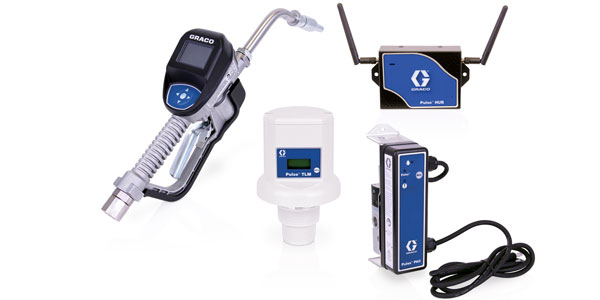
How manufacturer oil drain intervals are set
There’s a lot of talk in our oil drain interval and used oil analysis story about manufacturer-set oil drain intervals. And you may be wondering: how do they set those intervals, anyway?

New oils lead to longer life
While many fleets may be looking at potentially extending their drain intervals beyond the engine OEM recommendations, those recommendations themselves are much longer now than they have been in the past. This trend has been ongoing for years, but recently got a boost from the introduction of the new API CK-4 and FA-4 oil categories.
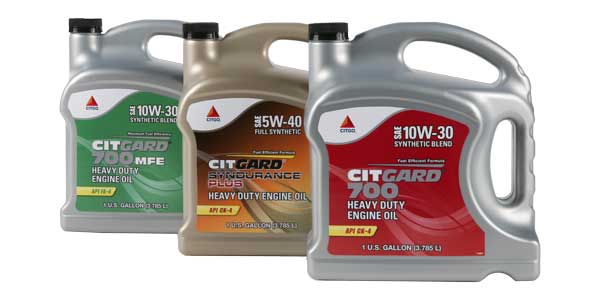
The importance of oil drain intervals, used oil analysis
The appeal of extending your truck’s oil drain intervals beyond the manufacturer recommendations is easy to see: It’s both a cost-saving and time-saving measure, and it does make sense in a lot of applications. However, it’s important to remember that manufacturer oil drain intervals are set for a reason, and that while extending them may

